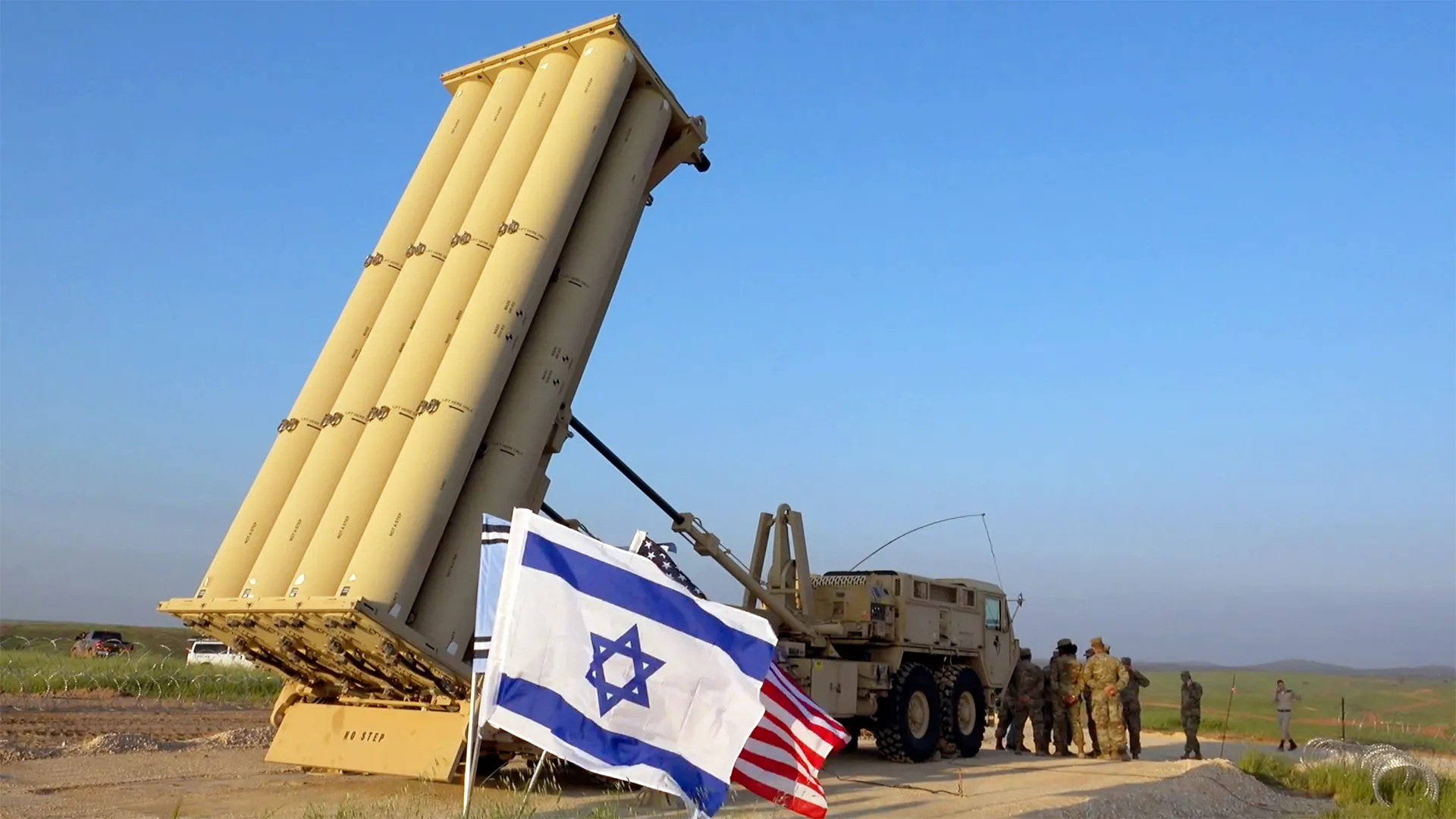US THAAD system used in Israel
According to the Times of Israel, a Houthi ballistic missile fired from Yemen was intercepted by the US Terminal High Altitude Area Defense (THAAD) system in Israel. Since it was shipped to Israel in October, this is the first time the sophisticated missile defense system has been used in an operational capacity. In social media footage of the spectacular THAAD interceptor launch, an American soldier was heard saying, “I’ve been waiting for this for eighteen years.”
Air defense systems destroyed the missile, which was allegedly aimed at Israel. The Israeli Defense Forces (IDF) have not, however, indicated if an Israeli system or the American THAAD was responsible for the interception. The success of the THAAD system is being analyzed, according to sources that Reuters reported.

A key component of the United States’ ballistic missile defense system is the Terminal High Altitude Area Defense (THAAD) system. THAAD uses “hit-to-kill” technology, in which interceptors physically impact with approaching missiles to destroy them, during the terminal phase of short- to intermediate-range ballistic missiles. This method increases precision while minimizing collateral damage.
Important aspects of THAAD include:
- Scope and coverage: More coverage than the Patriot missile system, THAAD can engage targets up to 200 kilometers afar and can be used in conjunction with other defense platforms such as the Aegis and Ground-based Midcourse systems. The components of a THAAD battery are a fire control unit, 48 interceptors, an improved AN/TPY-2 radar system, and six truck-mounted launchers.
- Deployment: Designed to defend against changing missile threats both inside and beyond the atmosphere, the system may be quickly deployed and is operated by a 95-man crew.
THAAD was first created by Lockheed Martin in the 1990s and has since undergone extensive testing and improvements. With deployments in key areas including Guam, South Korea, and most recently, Israel, the US Army presently runs seven THAAD batteries.


Comments are closed, but trackbacks and pingbacks are open.